
Claire Bookless, Tasmanian Managing Lawyer for the Healthy Environment & Justice Program, which works with communities across Australia to ensure a safe and healthy environment. The program is driven by concepts of environmental justice and working to shift the power imbalance from those placed at disproportionate risk of environmental harm and those shut out of the system.
How is it that you came to work at EDO?
Since I first volunteered with EDO when I was studying law and science back in 2004, I always hoped to work with EDO. Even after I graduated, I volunteered with EDO when I could. After 8 years doing environmental prosecutions and litigation in Queensland and environmental policy work in Victoria, I jumped at the opportunity to join EDO as the litigation lawyer in Tasmania in 2016. I became EDO’s managing lawyer for Tasmania in 2020.
What’s the been the most interesting or game-changing case you’ve worked on?
That is a difficult question to answer! There have been so many cases I have been privileged to work on.
From cases involving prosecutions of mining and waste companies for environmental harm, to judicial review proceedings about mining, forestry and tourism developments, and civil enforcement proceedings relating to Aboriginal cultural heritage. All these cases raised important questions about how our environmental and planning laws should be working to protect nature or culture. Most recently we have had a few successful cases in the Supreme Court of Tasmania – one against a proposed helicopter tourism development at Lake Malbena in the Tasmanian Wilderness World Heritage Area, and another preventing the clearing of 1800 hectares of forest (including 491 hectares of critically endangered habitat) in northeast Tasmania. It is always so exciting and inspiring to work with our dedicated clients, brilliant experts and pro bono barristers to seek better outcomes for our environment and the community!
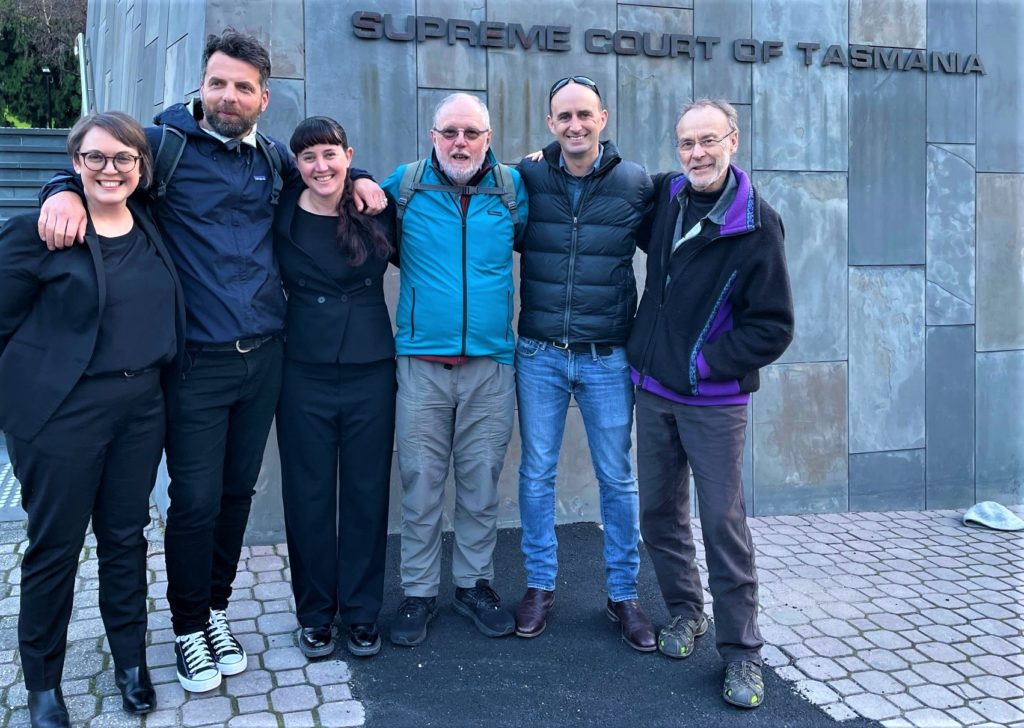
How do you see the work you do as part of the fight for environmental justice?
By providing legal education materials, advice, representation, and advocacy for law reform, I believe that EDO performs a critical function in working to secure environmental justice for the community. One of the problems with our environmental laws is that they can be a very complex, making it difficult for people to navigate even in the best of circumstances. It is made so much more difficult if, for example, English is not your first language, or you don’t have a lot of resources, or you live remotely, etc. Furthermore, often environmental harm from resource extraction, pollution, and other harmful land uses and activities are disproportionately borne by those same communities.
That is where EDO can assist. We can help these people to, firstly, understand what the legal issues around an environmental issue are, and give advice on what the options are to address those issues. Sometimes that might be by taking legal action in court. Or it could be through taking part in a legal process such as by writing petitions or submissions, or even advocating for reform to our laws to make them better. Each of these approaches can assist in securing environmental justice.
How do you work with local people and communities to protect Tasmania’s places, climate and wildlife? Is that a rewarding part of the job?
Almost every day we get inquiries from the community about how to better protect and care for places and wildlife they love. It might be that a person is concerned about some pollution in their local creek, or a community group is seeking some help to campaign against a large mine or development due to its impacts on a threatened species or on Country. We work with these people and groups to identify the issues, and to develop a strategy about how they might use the law to seek a better outcome for the issue they care about.
It is of course so satisfying to assist our clients to achieve a better environmental outcome – whether that is through court or through a campaign. But I also continue to draw so much inspiration from the determination and persistence our clients show in the face of adverse decisions, or when the deck seems stacked against them. It drives me to find other ways to achieve those environmental goals, and work to improve our laws when they are not working properly.
What did it feel like to win the land clearing case a few weeks ago?
It was so satisfying to work with EDO solicitor Joshua Paveley, and our outstanding barristers, Lisa de Ferrari SC and Kay Chan, to prevent the clearing of over 1800 hectares of forest, including 491 hectares of critically endangered vegetation, in northeast Tasmania. Our client, the Tasmanian Conservation Trust, had been seeking this relief through the court for over seven years – even longer than I have been working for EDO! So, to finally help TCT to prevent the destruction of this forest from clearing has been a real honour.
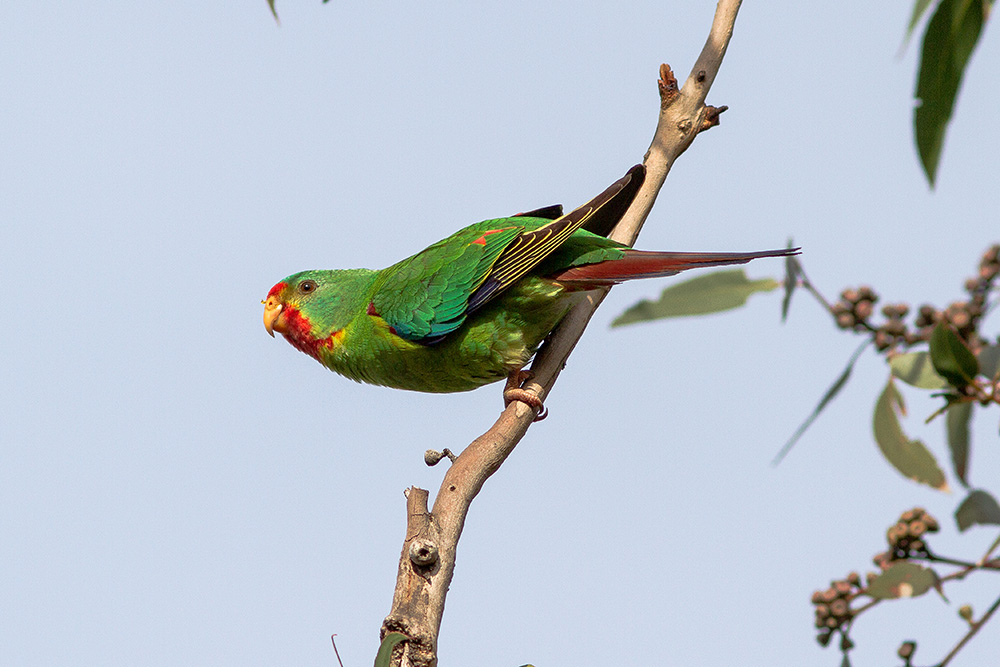
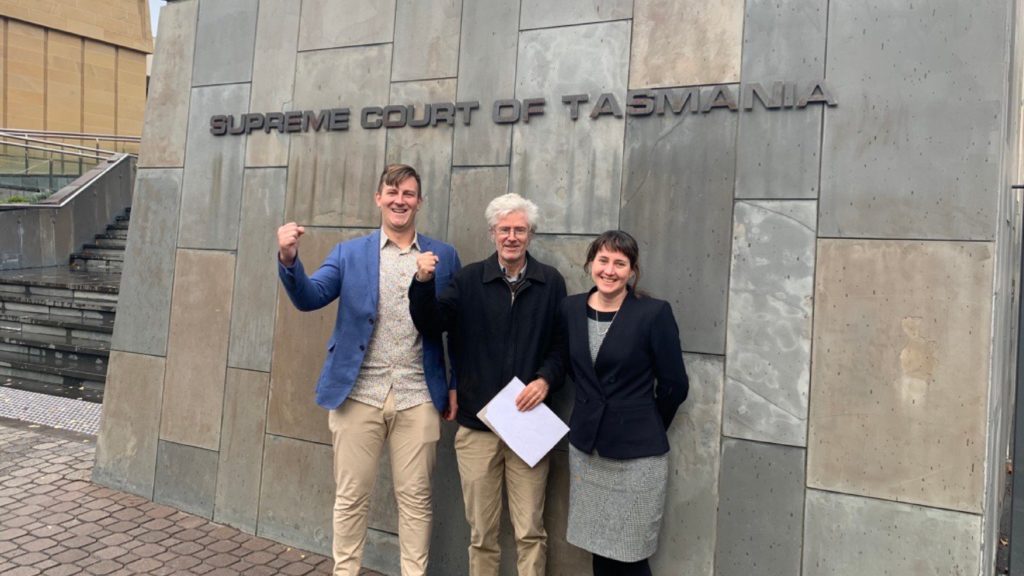
You’re currently working on a case to protect Tasmanian devils from iron ore trucking in the Tarkine – why is this case so important and why did EDO take it on?
Together with EDO’s Joshua Paveley, I have been working on a case which is seeking to challenge a decision by the Tasmanian EPA to allow the trucking of iron ore through Tasmanian devil habitat at night, risking the devils being hit by the trucks.
The takayna / Tarkine region in Tasmania’s northwest is home to numerous unique (and threatened) species, like the Tasmanian devil, and the largest tract of Gondwanan temperate rainforest in the world. In 2010, the Australian Heritage Council recommended the area be National Heritage listed due to its exceptional cultural and natural values. Since that time, our client, the Tarkine National Coalition, has been seeking to protect the area from the impacts of mining and logging.
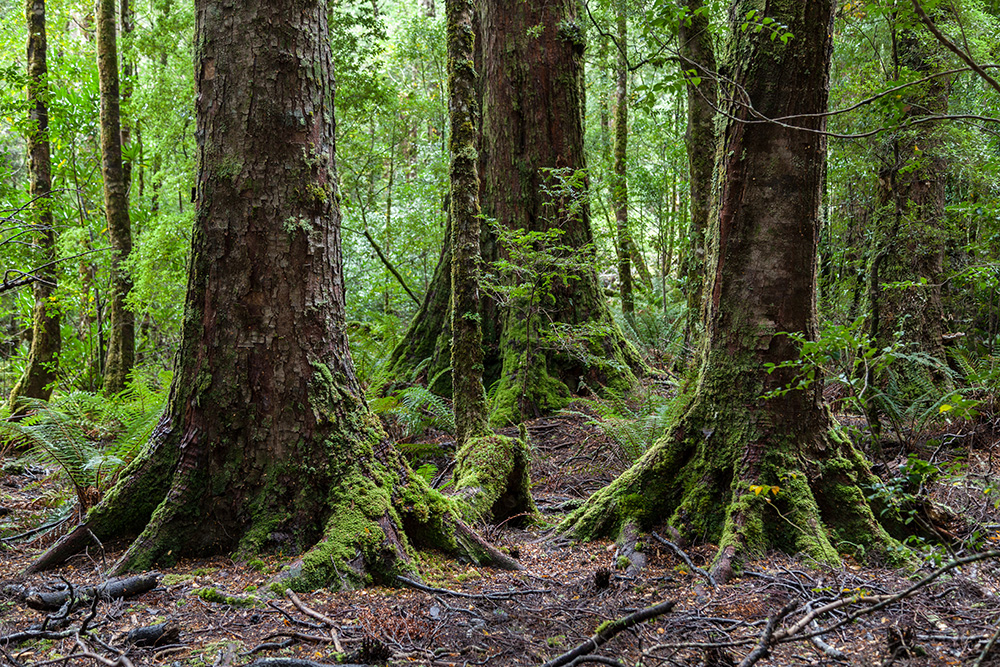
Back in 2013, EDO represented TNC in an appeal to the planning tribunal about Venture Minerals’ proposed iron ore mine west of Tullah. The appeal raised several arguments against a permit for the mine, including that the permit should be refused due to the likely impacts of the mine trucks on Tasmanian devils in the area. While the planning tribunal ultimately granted a permit for the mine, it was on the condition that the mine would not truck ore at night, when Tasmanian devils are most active.
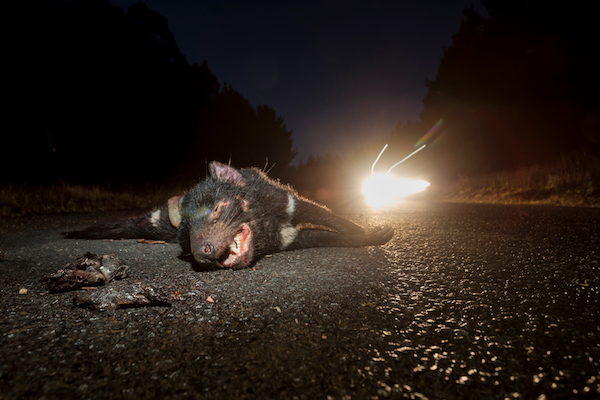
For various reasons, the mine did not commence operations until many years later. In 2020, in preparation for the first shipment of ore from the mine, Venture Minerals sought permission from the EPA and the then-federal Environment Minister, Sussan Ley, to vary the conditions so that the company could transport ore at night. TNC only found out about this proposal to vary the conditions because of freedom of information requests it had lodged with the federal Environment Department and the EPA about the mine. Despite providing detailed submissions to the EPA and the federal Minister about why Venture Minerals’ request should be refused due to the impacts on the Tasmanian devils, both the EPA and the Minister authorised the variation of the permit conditions.
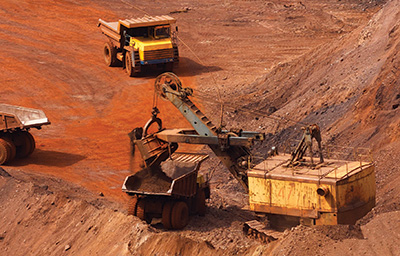
Once we found out about the EPA’s decision, EDO’s legal response sprang into action. On behalf of TNC, we filed an application in Tasmania’s Supreme Court seeking orders setting aside the decision, and a declaration that the mine’s permit had lapsed because it had not commenced in the time allowed under the law.
This case is a test case testing the limits of the EPA’s powers to weaken environmental protections, and the limits of time to commence works under a permit. The Court’s decision will not only be critical to the outcome of this case – and to the Tassie devils who live in the Tarkine – but it will also potentially have a huge impact on how the EPA regulates large mines and other industrial activities into the future.
We will be working hard with our barristers, Peter Gray QC and Sophie Molyneaux, in coming months to present this case to the Court.
Donate to the case to defend Tasmanian devils from becoming roadkill and other legal challenges to protect precious wildlife.
How are environmental laws in Tasmania (or nationally) changing for the better? And how has your work played a part in this?
A few years ago, there was an independent review of the federal environmental law, the Environment Protection and Biodiversity Conservation Act 1999. It found that the law was not achieving its objectives, and in fact, in the years the Act had been in operation, the health of our threatened species and special places were going downhill across the country. Unfortunately, Tasmania is no exception to this rule. However, EDO has been working across the country and in Tasmania to improve our environmental and cultural heritage laws and how they are applied.
One case in point is the recent inquiry into finfish (salmon) farming by the Tasmanian Legislative Council. EDO prepared a comprehensive submission to that inquiry, drawing on years of experience giving advice to the community about salmon farms and their environmental impacts. Two EDO lawyers appeared to give evidence about our recommendations to the Sub-Committee during hearings. The inquiry received submissions from over 200 people, including members of the community, eNGOs, salmon farming companies, scientists and the regulators. The inquiry report was released last week, with over 68 recommendations outlining how salmon farms should be better regulated in this State. Almost half of the inquiry report recommendations and findings aligned with recommendations and issues raised in EDO’s submission, which demonstrates the impact of our work. Even before the inquiry report was released, the government has been responding to some of the issues we raised through the inquiry – for example, it has moved to separate the Environment Protection Authority from the department that promotes the salmon industry. It is also introducing a range of legislative reforms around the independence of the EPA and bringing in aquaculture standards. EDO will be continuing to engage with the government and the community to advocate for the introduction and implementation of much stronger environmental regulation of this industry.
Another example of the impact of EDO’s work here in Tasmania, was when the government was proposing to move planning appeals from the planning tribunal to the Tasmanian Civil and Administrative Tribunal (TasCAT). The draft Bill giving effect to the proposed changes was very complex. Many people were contacting EDO to ask what the proposed changes would mean for their ability to participate in planning appeals in the future. EDO undertook a detailed analysis of the draft Bill and identified that it would change the standard “no costs” rule for planning appeals, and potentially impact on the standing for members of the community to run such appeals. Through EDO’s strong advocacy, the draft Bill was amended so that there would be equivalent public participation rights and costs rule for planning appeals before TasCAT as there was before the planning tribunal.
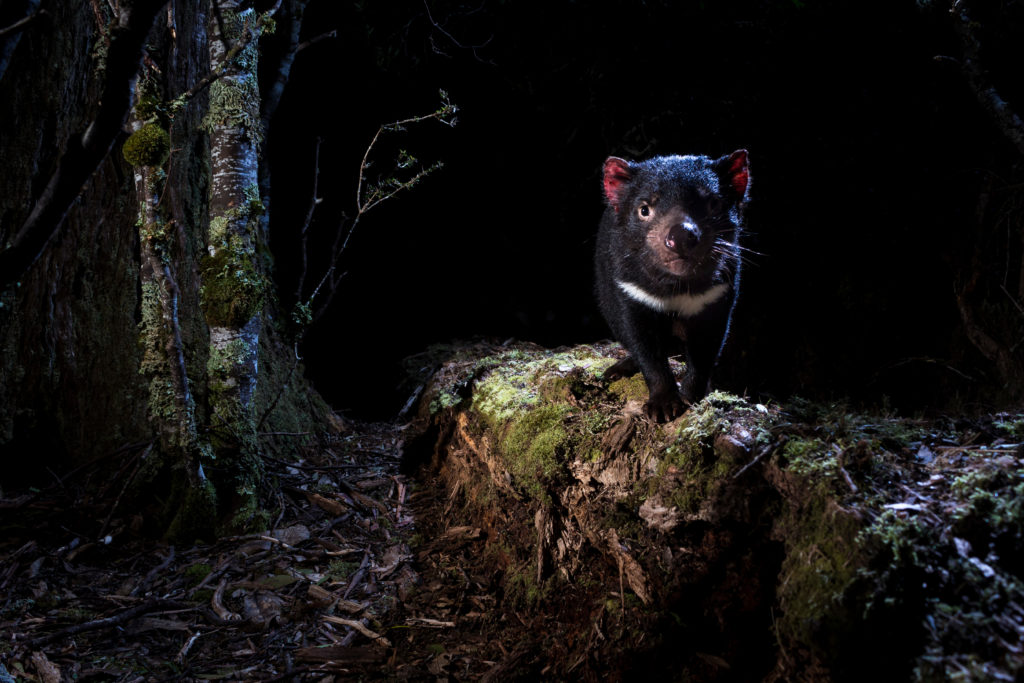
Tassie Devils are still under threat.
Tasmanian devils face extinction. But these endangered animals are at risk of becoming roadkill for mining profits.
Latest Wildlife Updates

Submission to the Environment and Communications Legislation Committee on the Nature Positive Bills
Amendments needed to ensure Nature Positive bills live up to their title
Biodiversity law reforms a step in the right direction for NSW
Join the EDO network today to help give the environment the defence it deserves.
Take Action




